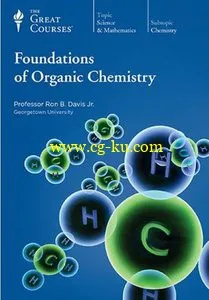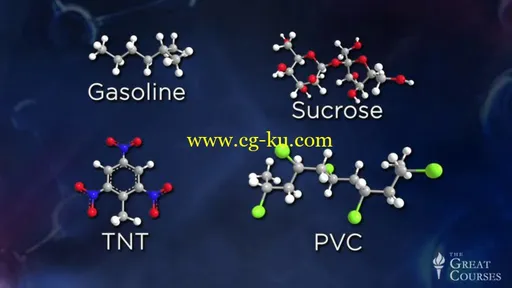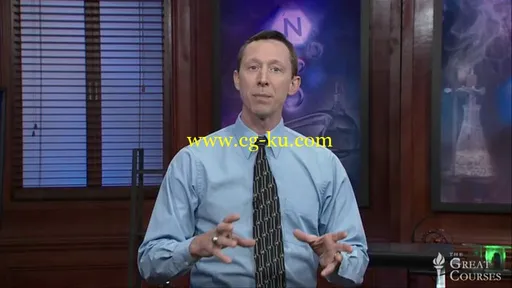
TTC Video - Foundations of Organic Chemistry
WEPRip | 36, MKV/AVC, ~849 kb/s | 1024 x 576 | English: AAC, 80 kb/s (2 ch), 48.0 KHz | 5.90 GB
Genre: Science, Chemistry
Chemistry is defined as the study of matter and its properties. With regard to this definition, the roots of the study of chemistry can be traced back to more than one ancient civilization. Most notably, the Greeks and Chinese each independently postulated thousands of years ago that there must be a small number of elemental substances from which all other things were created as admixtures. Remarkably, both civilizations theorized that air, earth, water, and fire were among those elements. It was much more recently, however—just about 300 years ago—that famed French nobleman and chemist Antoine Lavoisier correctly identified one of the elements experimentally. Lavoisier’s discovery is often cited as the event that heralded the birth of chemistry as a proper science. Theorizing based on observation of natural systems began to give way to controlled testing of the properties of matter, leading to an explosion of understanding, the echoes of which are still ringing in modern-day laboratories.

Organic chemistry is the subject dedicated to the study of a deceptively simple set of molecules—those based on carbon. Even today, centuries after the most basic governing principles of this subject were discovered, many students struggle to make sense of this science. At the university level, professors are often in a race against time to dispense the vast body of knowledge on organic chemistry to their students before semester’s end, leaving little time for discussion of exactly how this information came to be known or of just how new experimentation might change the world we live in. This course endeavors to fill that gap.
As humanity’s understanding of chemistry grew, so did the library of elements that had been isolated and identified, yet even as this library of elements grew, one of the simplest of them—carbon—seemed to play a very special and indispensable role in many small molecules. This was particularly true of the molecules harvested from living organisms. So obvious was the importance of this role that chemists dubbed the study of the fundamental molecules of life “organic chemistry,” a science that today has been expanded to include any molecule relying principally on carbon atoms as its backbone.
In this course, you will investigate the role of carbon in organic molecules—sometimes acting as a reactive site on molecules, sometimes influencing reactive sites on molecules, but always providing structural support for an ever-growing library of both naturally occurring and man-made compounds.

发布日期: 2014-10-02